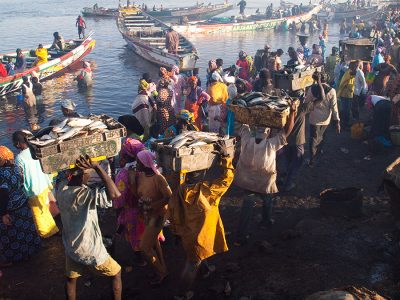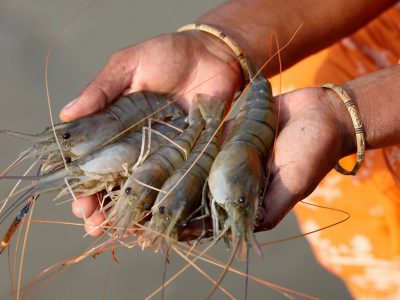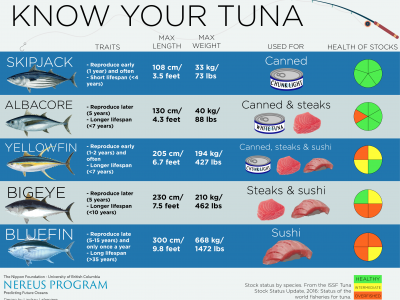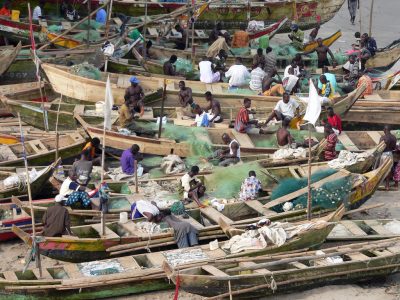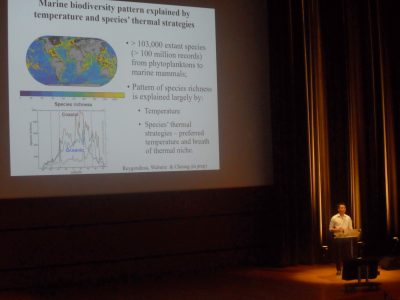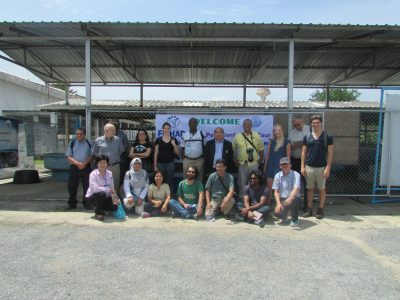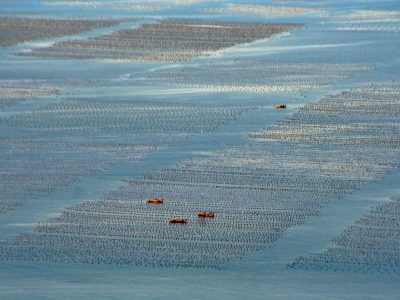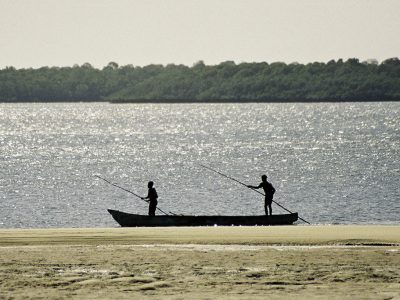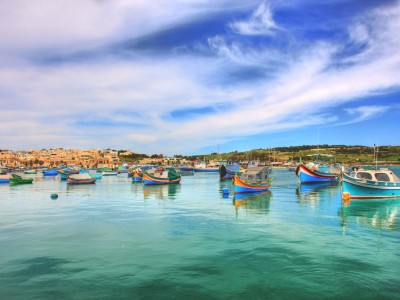Developing countries face decreases in both fisheries and agriculture production under climate change
The authors looked at how food production on land and in the sea will be threatened by climate change and what the future effects on biodiversity, livelihoods and food security will be. They adopted the human development index (HDI) — a global index of life expectancy, education and per capita income. They found that all of the low human development index countries will face declines in both agriculture and fisheries production by 2050.



